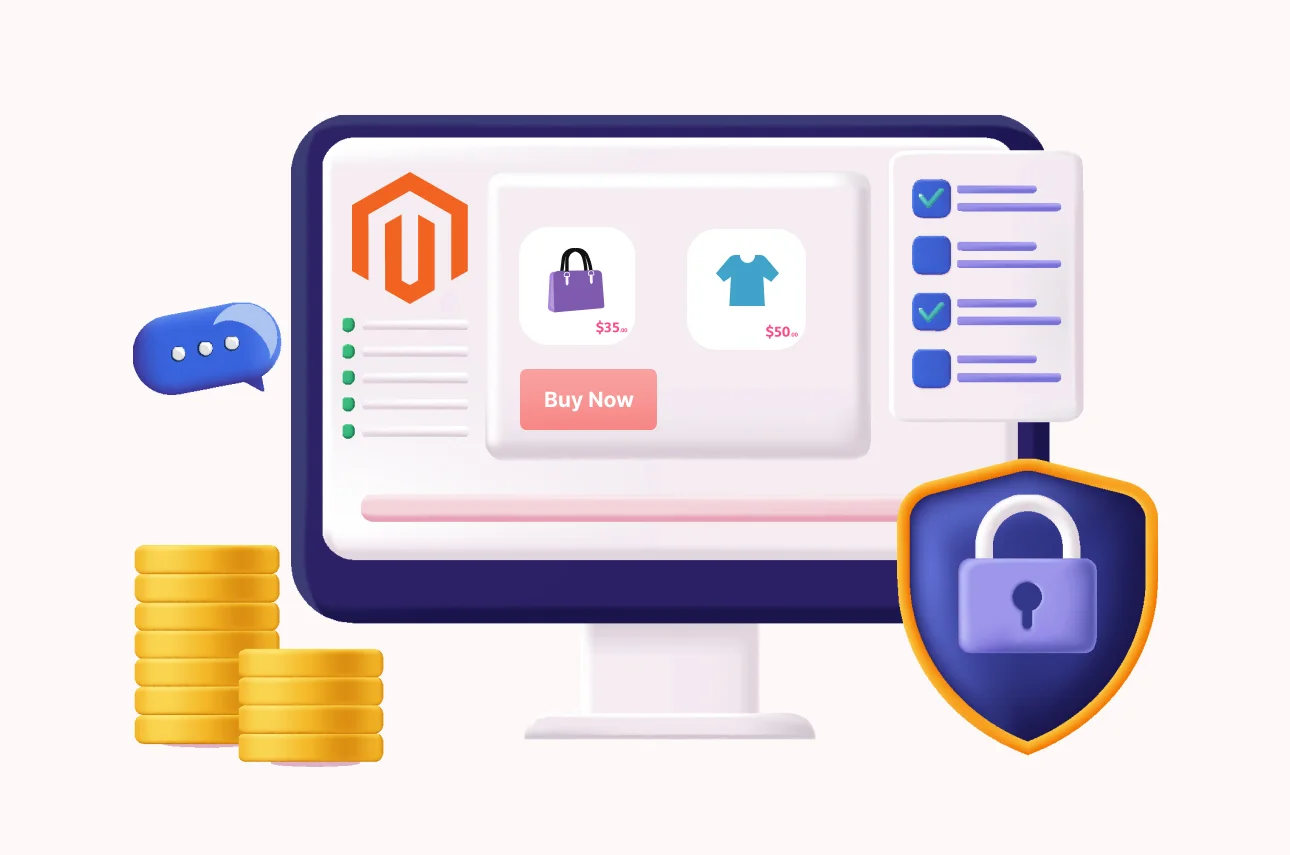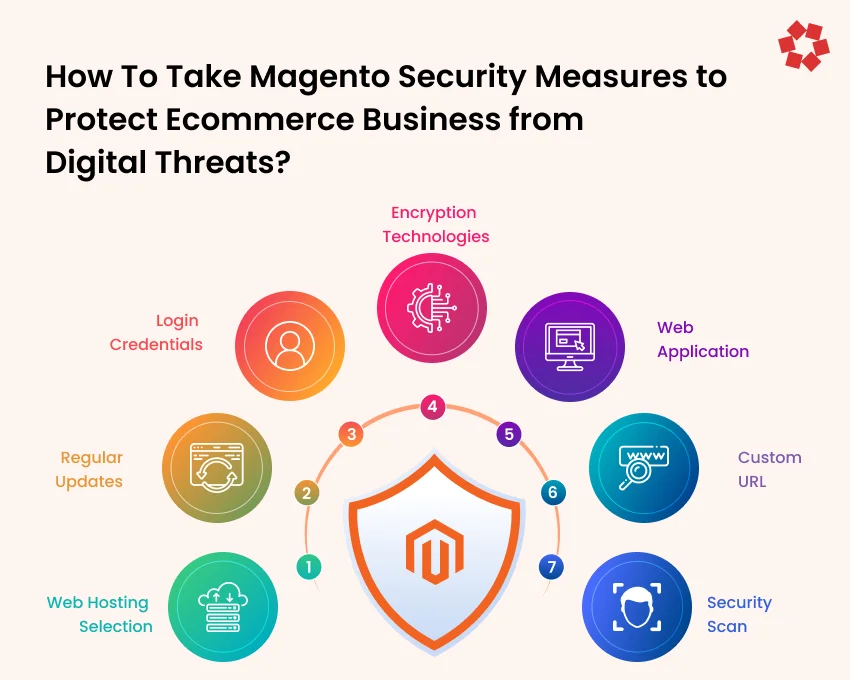Introduction
In the fast-paced arena of digital commerce, security stands as the cornerstone of trust and reliability. As ecommerce businesses burgeon, they beckon an array of sophisticated digital threats that could potentially compromise sensitive data and consumer trust. In this era where data breaches are not just disruptions but existential threats, safeguarding an ecommerce platform is paramount.
From phishing schemes to sophisticated cyber-attacks, the vulnerabilities in ecommerce can be a gateway for threats that jeopardize both operational integrity and customer loyalty. This reality casts a spotlight on the necessity of impregnable security measures, especially for platforms powered by Magento, a titan in the realm of ecommerce development services.
As we peel back the layers of Magento’s architecture, we find a robust framework designed with security at its core. However, as the threat landscape evolves, so too must our approaches to digital defense. This blog post is a deep dive into the Magento Development Service, exploring the cutting-edge security measures that fortify Magento platforms against the digital onslaughts of our time. Join us as we navigate through the essential strategies and tools that every Magento ecommerce business should employ to ensure a fortress of security in the digital expanse.








